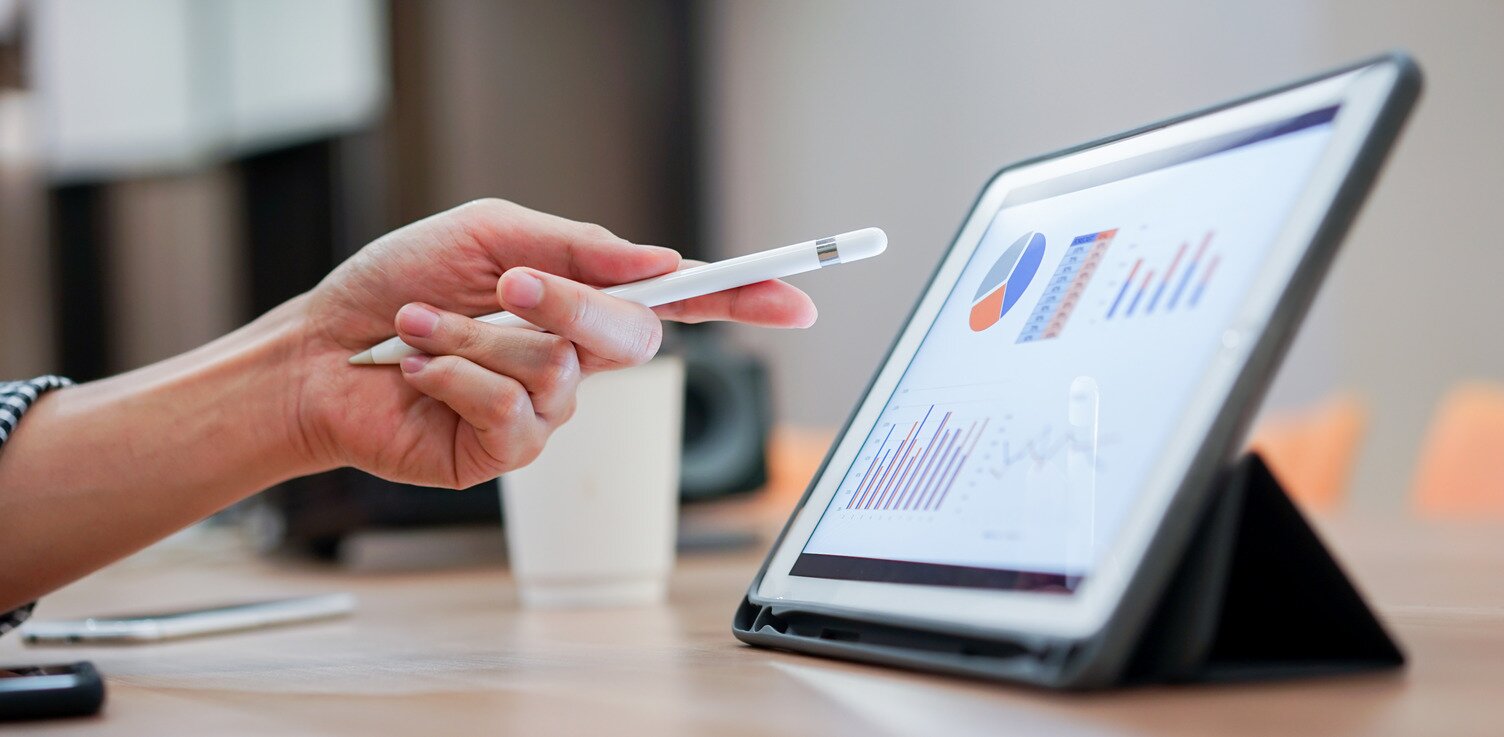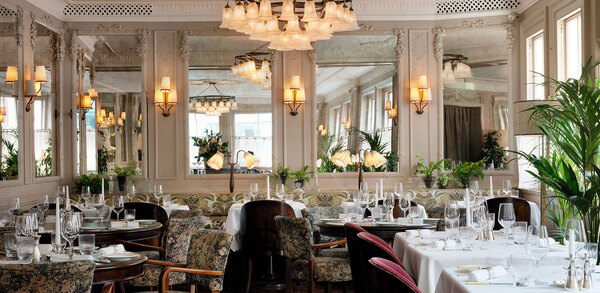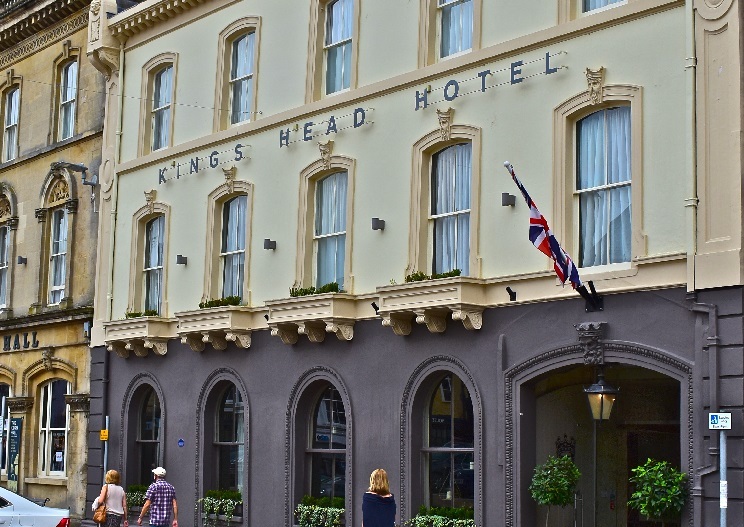Does your hotel’s owner appreciate the value of an RMS?
Sponsored article by Warren Mandelbaum, senior sales director EMEA at IDeaS.
From significant capital costs in construction or asset acquisition to ongoing operating costs, hotels come with a hefty price tag – just ask any owner. Now, as the industry shows signs of recovery, owners, asset managers and board members are taking an increasingly active interest in how their investments are managed ahead of the rebound.
With many organisations running lean in the aftermath of Covid-19, an engaged owner approach can lead to welcome levels of property management direction and support. Or, on the flipside, it may result in revenue and general managers scrambling to justify their operational and technology practices (or desires) and communicate effectiveness to people generally focused on one thing: bottom-line profit.
While revenue management is not a new industry practice, it’s not always fully understood or appreciated by owners and investors. So, how should revenue leaders “at the coalface” demonstrate the value their practices and tools deliver to their boss – or their boss’s boss?
Revenue management is a cost saver – not a cost centre
In uncertain times like these, an advanced, automated revenue management system (RMS) is the best way to keep up with the speed of change while remaining agile and efficient. Many property managers have first-hand revenue management experience and recognise the technological benefits and potential for maximising revenue. However, there is the occasional hotel owner who still sees revenue management as an additional cost and something that’s “nice to have.”
What they may be missing is that a sophisticated RMS can positively impact operational performance across an entire property, and its advanced forecasting capabilities help hotels better manage staffing levels across all departments. For example, if a hotel can anticipate accurate levels of demand, it can ensure the optimal number of staff are working and avoid under- or over-staffing during periods of higher or lower demand.
As demand levels begin to return, it will be important that hotels are staffed appropriately to make the guest experience smooth and pleasant. Guest satisfaction is a critical driver of repeat business, reputation management positioning and brand perception – all important impacts in an asset valuation. This same principle can be translated throughout the hotel’s entire operation for better overall staffing and inventory levels. Optimised wage costs translate into savings which contribute directly to the hotel’s bottom line.
Attract profitable guests
Hotel executives are surely aware that not all business is good business. But hotels that don’t utilise revenue management technologies and strategies can easily fall into the trap of selling out to lower-rated business, thereby leaving money on the table from higher-rated business opportunities. Remember, a full hotel does not always make a profitable hotel (these days more than ever). Through the use of an automated RMS, hotels will better identify customers who provide the greatest long-term value.
To identify guests offering long-term revenue potential to a hotel, properties need to take a holistic view of its guests’ activities, not just their room spend. Data from transaction systems should be integrated to provide a true picture of a guest’s preferred activities and their overall value, considering all ancillary spend from online reservations to check-out, food service to spa services, guest rooms to gift shop, and more.
In addition to making more profitable decisions, this data allows hoteliers to make more informed decisions about promotions, service offerings, inventory levels and F&B options. Furthermore, this integrated behaviour data supports wiser pricing decisions, supplier choices and financial strategies. Forecasting and optimisation can then provide controls to ensure revenues are maximised across the entire operation.
Improve hotel valuation and cash flow
The flow-through additional revenue that comes from the proper utilisation of revenue technology and strategies can directly impact a hotel’s bottom-line results, making it a valuable tool in increasing a hotel’s valuation.
Increased revenue leads to higher cash flow, which has a number of benefits, from giving the hotel greater day-to-day liquidity, to having money in the bank, to generating interest. By using revenue management to increase revenues on a regular basis, the amount of cash available after expenses also increases – making further reinvestment possible. This powers a positive cycle of higher revenues. To improve cash flow and grow the property value, it is truly in ownership’s best interest to ensure they lead the way when it comes to revenue management.
Additionally, for those owners or group investors with multiple properties, or those looking to expand their portfolio, setting revenue management standards across a hotel group or chain will improve the performance of the overall portfolio. Through data collection and property comparisons, hoteliers can better determine how to price a hotel chain in different countries.
Accurate forecasting data, combined with market research and analysis, also makes it possible for hoteliers to carry out realistic feasibility studies for future hotels looking to join the group, refurbishment investments, or to assess future opportunities to open new hotels.
The proof is in the KPIs
A hotel’s revenue management performance may have traditionally been measured by average daily rate (ADR) and revenue per available room (revpar); however, the practice has evolved past only using these standards. New revenue management principles can be applied beyond just rooms, or even beyond a single property itself. Today, hoteliers can look at how their hotel is performing compared to the wider market. To do this, it is vital hoteliers identify the right comp set and review regularly.
Hoteliers need to look at location, product and service in addition to what guests are saying about these hotels. Once the right comp set has been identified, a hotel’s market penetration index (MPI) is determined by dividing the hotel’s occupancy by the market’s occupancy. This key benchmarking metric is important as it allows hotels to see their position and performance in relation to their competitors and the market in general.
While a hotel owner or board member will not need to have intimate knowledge of all hospitality industry financial measurements, it is important that all departments – sales and marketing, finance and operations – use standardised definitions and approaches so the business’s performance can be easily articulated to all owners or investors.
The year ahead is sure to be challenging, but it holds the potential to be highly rewarding for hoteliers who make smart decisions now. Hotel owners whose priorities align with property-level management on the value of investing in revenue management will not only survive but thrive in the boom years to come.
This budget season, be sure your hotel budgets for the best RMS available. To learn more about how revenue management can support your hotel’s recovery and increase its value, visit the IDeaS website.
















